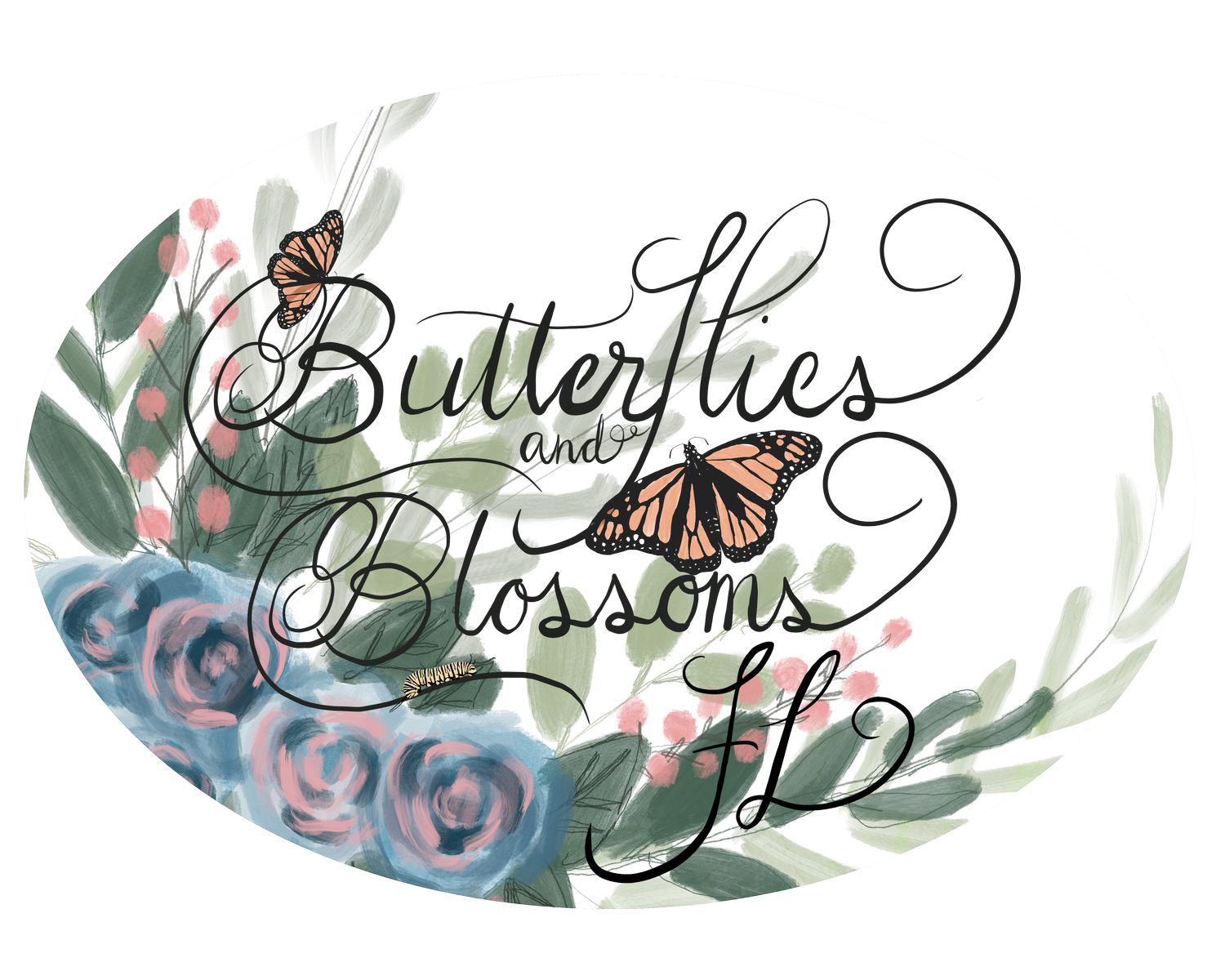Diary of a Gardener Low-Maintenance Native Plants That Thrive in Florida
Native plants play an essential role in Florida’s ecosystem. They’ve been here long before European settlers and have evolved to handle the extremes of our climate—from intense sun and humidity to dry spells and sandy soil.
Now, I’ll admit: I’m not a native purist. I love too many plants to limit myself strictly to natives. But I firmly believe in incorporating more of them into our landscapes. It’s not just about supporting pollinators and wildlife—though that’s a big part—it’s also about creating a resilient, budget-friendly garden that thrives with less input.
Let’s Talk Truth About Natives
Native plants sometimes get a bad rap. People ask me all the time:
“Aren’t they messy and wild-looking?”
“Aren’t they all just wildflowers?”
“They’re not very colorful, are they?”
And honestly? Sometimes that’s true. I’ve trialed plenty in my small urban yard that turned out to be too aggressive or unruly for my taste. Some wandered where they weren’t invited and took over more space than I planned. If you’ve got wide open acreage, that might be okay—but for smaller or HOA-regulated landscapes, it’s important to choose the right native plants for the right places.
Why Choose Native Plants?
Low Water Needs: Once established, they typically need far less irrigation.
Pest & Disease Resistance: These plants are well-adapted to local conditions.
Wildlife Support: Native flowers and berries feed native bees, butterflies, and birds.
No Fertilizer Needed: Many thrive in our nutrient-poor Florida sand.
Beautiful & HOA-Friendly: Yes, native can be neat, tidy, and stunning!
Let’s dig into some native plants that offer big beauty with little maintenance.
Sun-Loving, Low-Maintenance Florida Native Plants
Coontie (Zamia integrifolia)
Florida’s only native cycad
Tough, palm-like leaves
Host plant for the endangered Atala butterfly
Great for foundation plantings and borders
Tolerates sun or shade
Firebush (Hamelia patens)
Long bloom time with red-orange tubular flowers
Attracts butterflies and hummingbirds
Tolerates sun or partial shade
Can be pruned or left natural
Simpson’s Stopper (Myrcianthes fragrans)
Fragrant white flowers and red berries
Evergreen and drought-tolerant
Attracts birds and pollinators
Perfect as a privacy screen or specimen
Silver Buttonwood (Conocarpus erectus var. sericeus)
Gorgeous silvery-blue foliage for year-round contrast
Salt-tolerant and drought-tolerant—ideal for coastal landscapes
Can be hedged, shaped into a tree, or left loose and natural
Nearly pest-free and designer-loved for its unique texture
Walter’s Viburnum ‘Mrs. Schiller’s Delight’
(Viburnum obovatum 'Mrs. Schiller’s Delight')
Compact, evergreen form—perfect for small gardens
Masses of white flowers in spring feed pollinators
Neat enough for formal designs or foundation planting
Drought-tolerant and HOA-approved
Darrow’s Blueberry (Vaccinium darrowii)
Evergreen with silvery-blue foliage
Spring flowers and edible berries
Compact growth—great for borders or low hedges
Drought-tolerant, pest-resistant, and supports pollinators and birds
Wild Coffee (Psychotria nervosa)
Shiny leaves, white flowers, and red berries
Thrives in shade—perfect under oaks or palms
Pollinator- and bird-friendly
Grows 4–6 feet and tolerates pruning
Bahama Coffee (Psychotria ligustrifolia)
Glossy evergreen shrub with small white flowers and bright red berries
Attracts birds and beneficial insects
Works in sun or part shade
Drought-tolerant once established, ideal for coastal areas
Stays around 3–5 feet but can be pruned for structure
Tips for Growing Natives with Ease
Start Small: Mix a few natives into your current beds and observe how they grow.
Group by Needs: Put drought-tolerant plants together to water smarter.
Skip the Fertilizer: Most natives are built to thrive in Florida’s lean soils.
Shop Smart: Support native plant nurseries or ask your garden center for local species.
Your landscape doesn’t have to be wild to be wildlife-friendly. Native plants can bring structure, color, and purpose to your garden while still fitting beautifully within neighborhood guidelines. With the right selections, your yard can become a living, breathing ecosystem that’s low-maintenance, high-impact, and stunning year-round.
Need help getting started? Book a consult—I’d love to help you create a Florida-friendly garden that grows with you.
🌿 Always keep growing.
Walter’s Viburnum ‘Mrs. Schiller’s Delight’

